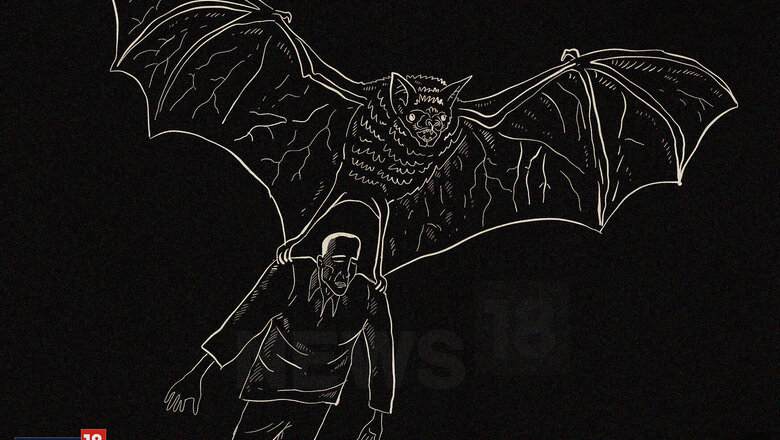
views
New Delhi: The little known virus that's killed six people in Kerala so far, first announced its presence to world in 1998-99 when it caused the deaths of a 100 people in Malaysia and Singapore.
The Nipah virus (NiV), member of the family Paramyxoviridae, was first isolated and identified during the 1999 outbreak, according to the Centers for Disease Control and Prevention (CDC), United States.
Though it's caught national attention now with six deaths being reported within two weeks, it has apparently been reported several times in India and caused almost annual outbreaks in Bangladesh, according to the CDC.
Pigs in Malaysia before bats in India
The 1999 outbreak caused widespread encephalitis and respiratory problems amongst farmers and others in close contact with the animals. According to the CDC, 300 pigs were mildly affected but 100 people died. At least, 265 patients were infected with the virus. About 40% of those patients who entered hospitals with serious nervous disease died from the illness.
A million pigs were also euthanised to prevent its spread. The village of Sungai Nipah, in Malaysia, where many of the cases occurred, gave the virus its name. Bat species, said that CDC document on Nipah, were quickly singled out for investigation and flying foxes of the genus Pteropus were subsequently identified as the reservoir for NiV.
It next reared its head in Bangladesh in 2001, and in Siliguri, India with reports of person-to-person transmission in hospital settings.
Symptoms and treatment
The Nipah virus has an incubation period of 7-14 days, after which there is a rapid onset of symptoms, the major one being encephalitis which leads to the swelling of the brain. Doctors currently treating it in Kerala also described fever, sudden breathlessness, low blood pressure, with patients needing to be put on ventilators. The symptoms can also progress to a coma.
There is no cure for the virus and treatment is limited to supportive care. However, its similarity to the Hendra virus affecting horses in Australia may mean that the latter's antiviral could be used for Nipah.
Zoonosis
The Nipah virus is a zoonotic virus, which means it spreads to humans from either air or through saliva. Doctors are theorising that it is not an airborne disease, but one that spreads through direct contact; either with the bats or through consuming fruit that bats have nibbled on.














Comments
0 comment